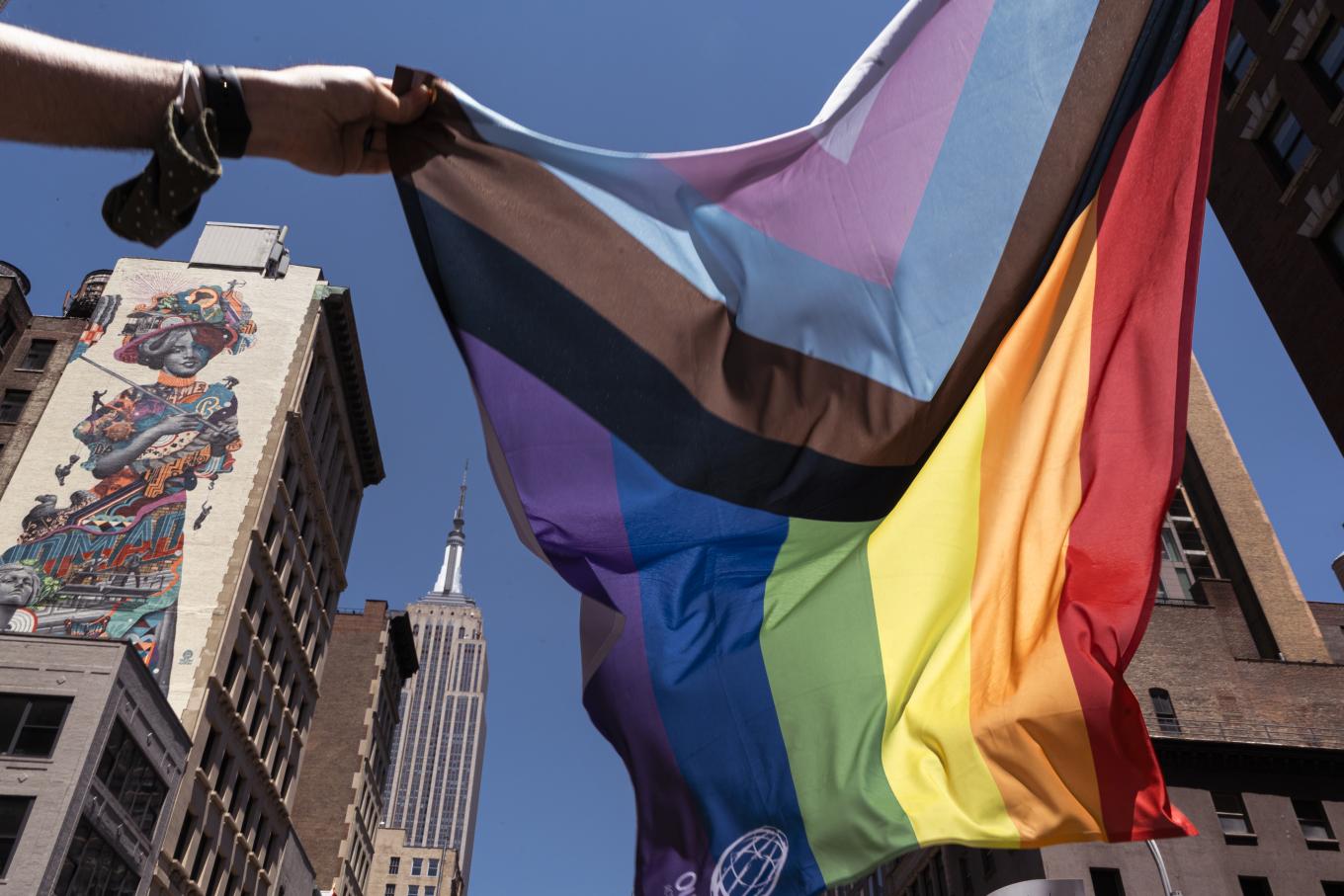
Country Overview
Bulgaria
At a glance
View more for this country:
In 1968, Bulgaria, through its enactment of a new criminal code, decriminalized same-sex relations. Anti-discrimination laws that were put into place in 2004 protected against “direct” and “indirect” discrimination on the basis of sexual orientation. The laws provided for equal protection in access to housing, education, and medication. In 2015, amendments to the anti-discrimination laws expanded protections based on “sex,” including “sex change.”
Article 46 of the Bulgarian constitution prohibits same-sex marriage, restricting the right to marriage to “men and women.” Bulgaria, a state party to the European Convention on Human Rights, faced a challenge in September 2023 on its duty to protect the family and private lives of its people, as its domestic laws do not contain any procedure for the recognition of same-sex marriages. In the case of Koilova and Babulkova v. Bulgaria, Bulgaria was found to be in violation of its obligations to respect family life and privacy. However, increasingly anti-LGBTIQ social attitudes create an environment that makes the enforcement of its obligations difficult in practice.
In 2023, the Bulgarian Supreme Court ruled that transgender people would no longer be able to change their legal names and gender markers. It explicitly banned “the change of the data regarding the sex, name, and uniform civil status in the acts of civil status of an applicant who claims to be transgender.“ This ruling contravenes the jurisprudence of the European Court of Human Rights in Y.T. v. Bulgaria in 2020, which found Bulgaria in violation of the right to privacy and family life with the failure of its domestic courts to grant accessible legal gender recognition to its applicants.
In 2024, Parliament introduced a draft law resembling Russian-style laws banning “foreign” funding for organizations, branding them “foreign agents,” restricting their freedom of association, and stigmatizing working with international movements. In the same year, Bulgaria also adopted a law amending the Pre-School and School Education Act to prohibit “carrying out propaganda, promotion or incitement in any way, directly or indirectly, of ideas and views related to non-traditional sexual orientation and/or the definition of gender identity other than biological one.” Bulgarian anti-LGBTIQ laws are emerging rapidly and in violation of its obligations under the European Convention on Human Rights, earning criticisms from the Council of Europe in 2024.
Organizations such as Reclaim have reported that in 2025, far-right parties in Bulgaria are aiming to pass two bills that seek to ban “displays of LGBTIQ content” in public, also utilizing the language of protecting children, while on the same breadth, criminalizing medical professionals that provide gender-affirming care to transgender teenagers. The second bill aims to target legal gender recognition and to amend the Personal Documents Act to statutorily prohibit access to legal gender recognition. This bill aims to codify the regressive decision created by the Bulgarian Supreme Court in 2023 in Decision No. 2/2020, which declared that the Bulgarian domestic legal framework does not enable the courts to change the data on the civil status register regarding the sex, the name, and personal identification number of transgender people.
*Outright research indicates that the bodily autonomy of intersex people is not respected and protected in this country.
Global Impact
Sub-Saharan Africa
Outright supports LGBTIQ organizations in Sub-Saharan Africa and works with mainstream human rights organizations to respect human rights and influence positive changes in laws, policies, attitudes and beliefs that cause discrimination against LGBTIQ people.
United Nations
Our work at the United Nations centers around advocating for the advancement of the rights of LGBTIQ people.
View this regionAsia
Our work in Asia promotes acceptance of sexual and gender diversity at all levels of society.
View this regionSouthwest Asia and North Africa
In the Southwest Asia and North Africa, we partner with local groups in various countries as part of our international solidarity work. We also work with our local partners on different topics through capacity building, advocacy, research and holistic security.
Europe and Central Asia
Outright International partners with activists to fight for an end to human rights violations based on sexual orientation, gender identity and gender expression in Europe and Central Asia, where most of our work involves emergency responses to harassment, discrimination, violence, and most recently, Russia’s brutal and expanded invasion of Ukraine.
Americas
Our work in the Americas continues to build on the fundamental and positive transformation of human rights protections in recent years. We partner with groups in the Caribbean that focus on ending gender-based violence and eradicating discrimination against trans people.
Pacific
Our work in the Pacific aims to increase the visibility of activists, respond to human rights emergencies, and actively bridge local, regional, and international activism to achieve equality and justice.
Global
View this region
Human Rights Research
Since 1990, we have partnered with activists from all over the world to produce hundreds of groundbreaking reports.
Read Our Reports